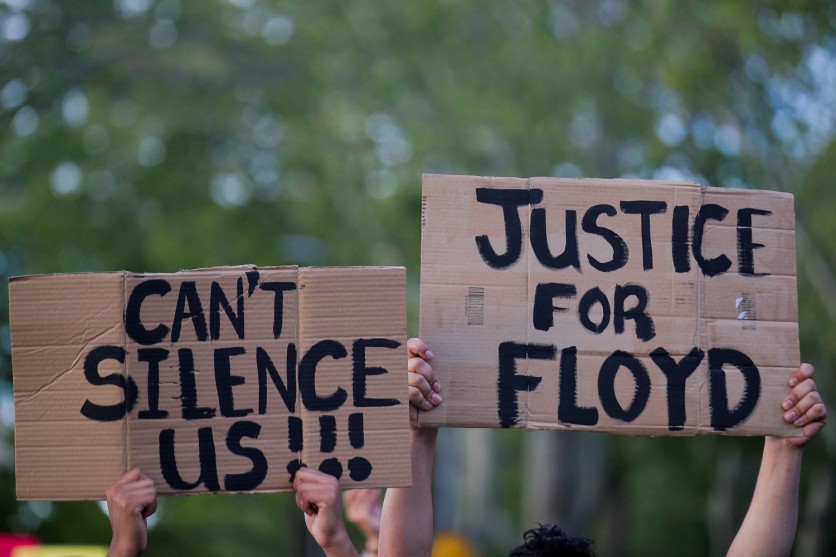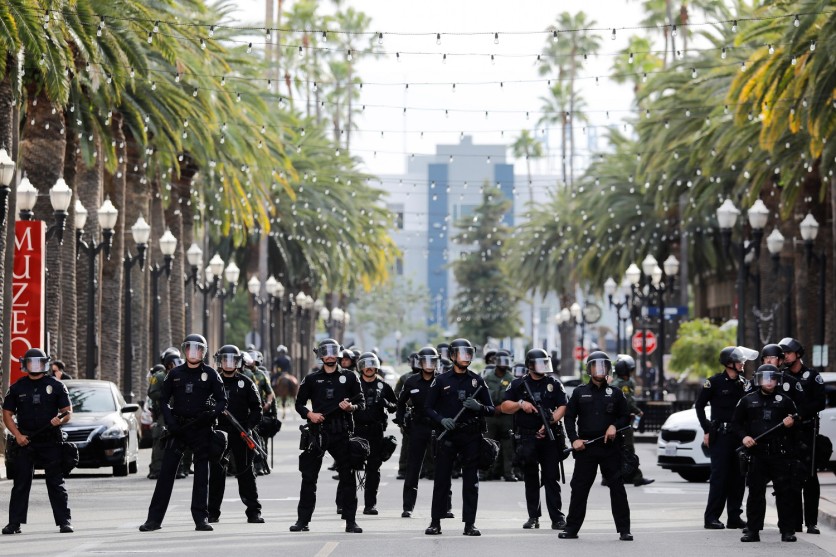An official post-mortem has declared the death of George Floyd, which triggered widespread protests across the US, a homicide. According to the report, the 46-year-old suffered a cardiac arrest while being pinned down by Minneapolis police.
BBC reported that the post-mortem Floyd's cause of death as "cardiopulmonary arrest complicating law enforcement subdual, restraint, and neck compression".

A video of police officer Derek Chauvin continuing to kneel on Floyd's neck even after the latter said he could not breathe has reignited anger over police brutality over black Americans. The officer who was seen on the video has been charged with third-degree murder and manslaughter while the three other police officers have been fired.
Post-mortem: Floyd's death a homicide
While the official post-mortem report shows Floyd's having heart disease and recent drug use, it stated that he indeed died of cardiac arrest on May 25 "while being restrained by a law enforcement officer."
The report was issued after findings of a private examination were released. The latter was carried out by medical examiners hired by the Floyd family.
In a statement from the family's legal team, examiners said Floyd died from asphyxia or lack of oxygen due to compression on his neck and back. This also showed the death was a homicide.
"The cause of death, in my opinion, is asphyxia, due to compression to the neck - which can interfere with oxygen going to the brain - and compression to the back, which interferes with breathing," former New York City medical examiner Dr. Michael Baden, said at a news conference on Monday.
Benjamin Crump, a lawyer for the Floyd family, said that Floyd would still be alive " if not for the pressure applied to his neck by officer Derek Chauvin and the strain on his body by two other officers,"
Trump orders police visibility
On Monday, June 1, President Trump ordered to send in the military to end the protests if cities and states failed to control them. Trump spoke in a brief televised speech from the White House's Rose Garden where sounds of a nearby protest could be heard in the background.
"I have strongly recommended to every governor to deploy the National Guard in sufficient numbers that we dominate the streets," said Trump as he vowed to end the "riots and lawlessness."

During emergencies, the government can seek the assistance of the National Guard, the reserve military force, which has already deployed about 16,000 of its troops to mitigate with the social unrest.
Protesters in over 75 cities have rallied over Floyd's death. Thousands went to the streets despite the risk of the coronavirus pandemic, causing an alarm from health experts.
Other cases that have driven the Black Lives Matter movement include that of Michael Brown in Ferguson and Eric Garner in New York.
Meanwhile, peaceful demonstrations were seen on Sunday, May 30, while violence continues in many cities. There were reports of conflicts between police and protesters, burned police cars, torched buildings, and shops looted in various places.
Read also: White House Turns Off All Lights Amid U.S. Protesters Outside Building
ⓒ 2025 TECHTIMES.com All rights reserved. Do not reproduce without permission.




